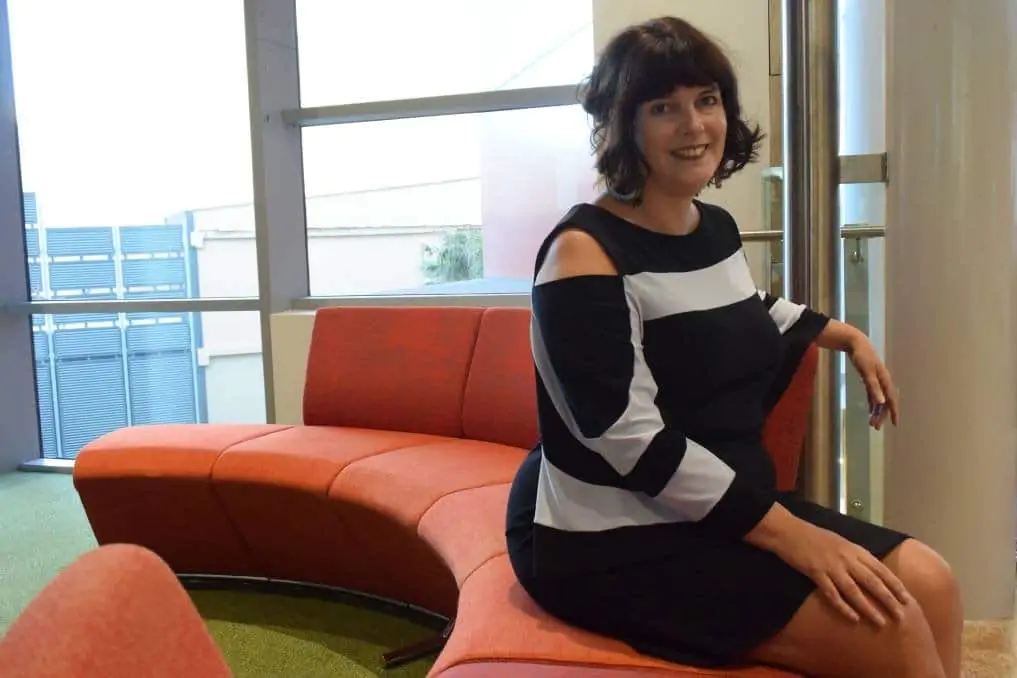The teacher Rosalind Gill of the Gender and Sexuality Research Center at the University of London, yesterday released a new report on the occasion of International Women's Day. “Changing the perfect image: smartphones, social media and pressure on appearance”, this is her name, was born from a research carried out on 175 young English women in the United Kingdom.
The report addresses several issues. In particular, it documents young people's persistent anger with a media they deem 'too white', 'too heterosexual' and too focused on very narrow definitions of beauty. A system that forces you to edit photos: anything but without filters, in short.
The criticism to perfection runs through the research like a bass track. Young people told me they felt overwhelmed by images that were too perfect. They tell me they rarely see women of color, disabled or “gender non-conforming” women in the media.
Rosalind Gill , Gender and Sexuality Research Center – University of London

The report
The research raises particular questions about how appearance standards are tightening. The technological offerings of smartphones (with a plethora of editing and filtering apps like Facetune) are contributing to a society where young people feel constantly under the control and judgment of their peers.
90% of young women in the UK report using a filter or editing body and face photos before posting. Never without filters, why? To even out skin tone, reshape your jaw or nose, remove weight, brighten or tan your skin, and whiten your teeth.
The young women involved in the study also said they regularly watch advertisements or notifications for cosmetic procedures. Especially for teeth whitening, lip fillers and surgery to improve the butt, breast or nose.
The algorithms of social media they do the rest, “chasing” them. As one 21-year-old interviewee says: “once you watch these things, you will never be allowed to forget.”
Visual domain: forced to edit photos
With nearly 100 million photos posted every day on Instagram alone, we have never been a society so prisoner of images. Posting on social media changes our social mechanisms. It produces a brief and fleeting gratification in getting attention (and Likes), but it is also a source of enormous anxiety. Especially for most young women. To the point of feeling compelled to edit photos of herself.
I was struck by young women who told me over and over again, 'I feel judged.'
This research would have been important at any time. It is clear, however, that the context of the pandemic gives it a particular chrism of importance.
The problems overlap
Day after day, reports are published highlighting the devastating impacts of the pandemic on the mental health of young people. Their education suddenly stopped, their freedoms shrunk. Many experience economic and emotional difficulties, or bereavement. For this reason, the report helps shed light on how young people live this moment.
In some ways, young people's familiarity with online tools and platforms prepared them better for lockdown than older people. So many aspects of life have moved online: work, education, health and psychological services. Social life. However, this has also brought them more pressure and more anguish.
Maximizing a phenomenon already underway due to social networks. And so we see the paradox of young people exposed 24 hours a day in a mechanism of social approval, that is, without filters.


